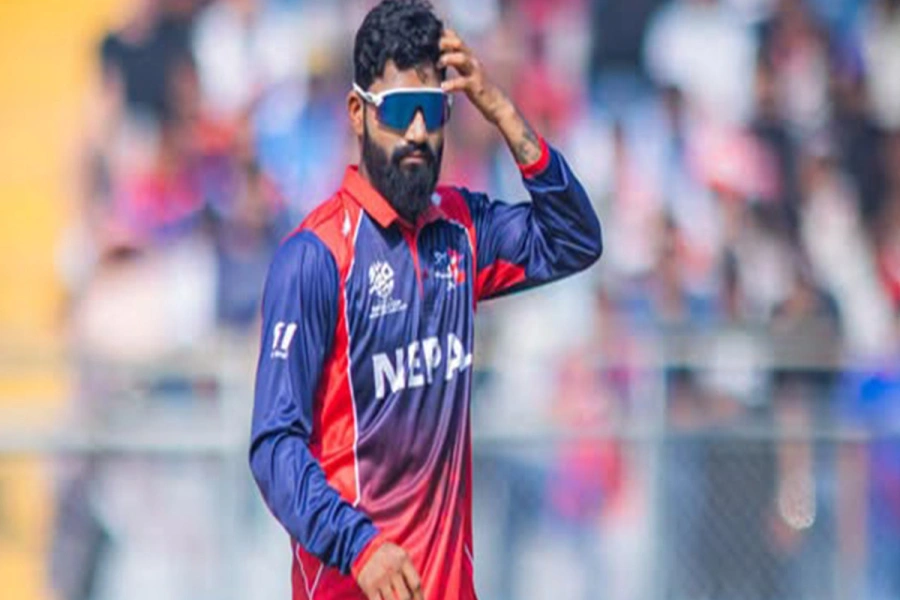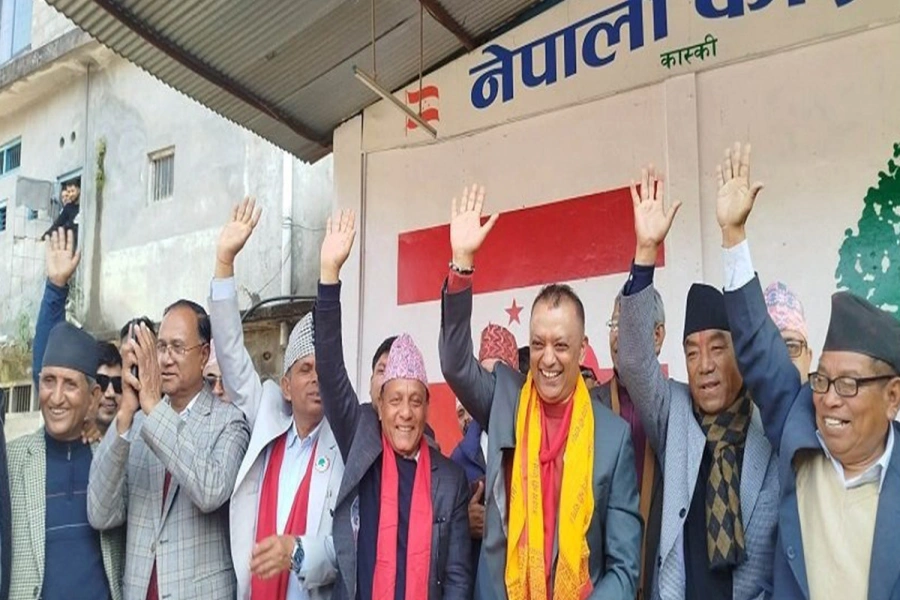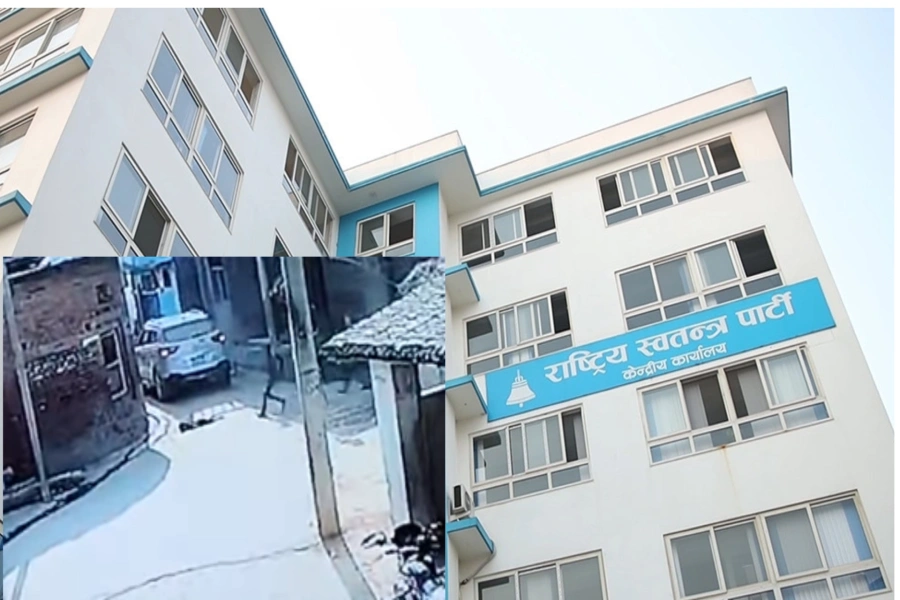Ruling Nepal Communist Party (NCP) and opposition Nepali Congress made the biggest mistake on Sunday by electing Agni Prasad Sapkota to the post of Speaker of the House of Representatives. They turned deaf ears to all appeals from civil society leaders, media and conflict victims not to endorse a person accused of war crimes for the prestigious post. They showed no regard to the possible repercussions it would have in Nepal’s image in the international forum, wrong precedent it would set in parliamentary history, and the message it would send that Nepal is on the path of institutionalizing impunity. Agni Sapkota was the wrong choice to lead the supreme law making body of the country because he has been accused of murdering Arjun Bahadur Lama during the insurgency era and the murder case against him is pending at the Supreme Court. In such a situation, NCP should not have fielded him for the post of Speaker. But NCP looked hell bent on catapulting Sapkota to the post of Speaker paying no heed to the concerns of the conflict victims and the international community. So the country has in the post of Speaker a person who has been accused of committing murder.
RSP Chair Lamichhane’s campaign event barred in Nawalparasi Wes...

Election of Sapkota points to troubling signs in Nepali politics. By not opposing Sapkota’s election, NC and Madhes-based parties have created an impression that they stand together when it comes to abetting impunity. The silence, rather submission, of Nepali Congress over this decision is deeply troubling. Congress did not even field a candidate from its side against Sapkota. Election of Sapkota is troubling also because it comes in the wake of appointment of commissioners in TRC and CIEDP the persons who lack adequate understanding of TJ process and whose ability to take TJ process to a meaningful end is questionable. It also comes in the wake of NCP chairman Pushpa Kamal Dahal making an admission that he is responsible for killing 5,000 people during the decade-long conflict.
It is shameful that Nepali Congress, the party with the legacy of championing democracy, human rights and the rule of law, allowed this to happen under its own watch. By giving approval to Sapkota’s candidacy, NCP and NC have increased the risks of inviting international intervention in TJ process. Following Sapkota’s election, conflict victims have threatened to invite the international community including the United Nations to intervene in TJ process. Four prominent human rights organizations—International Commission of Jurists (ICJ), Amnesty International, Human Rights Watch, and TRIAL International—had already expressed serious concerns over government’s move to elect someone accused of murder as Speaker of parliament. Political parties do not seem to have paid attention to the fact that if the conflict era cases are internationalized, they will have to face the consequences. The government could have deferred swearing in of Sapkota until the court verdict. Human rights activists and conflict victims were demanding the same and staged a protest on Monday outside Sheetal Niwas where Sapkota was being administered the oath of office. Instead, they were arrested and Sapkota was sworn in anyway, in what appeared like an attempt to grant clean chit to him. Ruling NCP (by appointing an accused to the post of Speaker) and opposition Congress (by supporting this dangerous move) have given sufficient reason to worry that they are pushing the country to precipice of erosion of justice and rule of law.







































